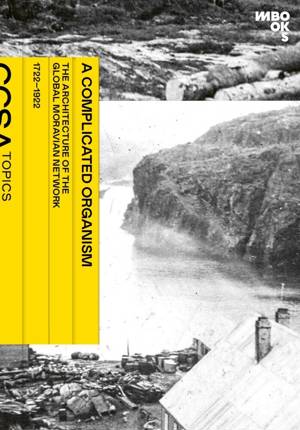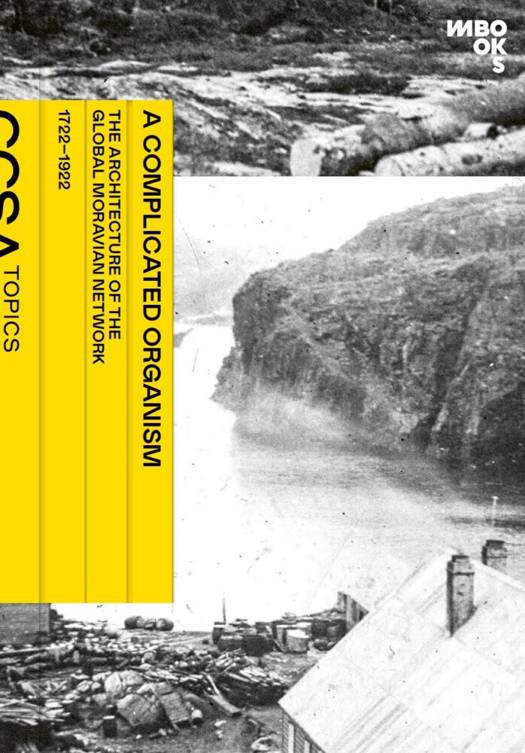
- Afhalen na 1 uur in een winkel met voorraad
- Gratis thuislevering in België vanaf € 30
- Ruim aanbod met 7 miljoen producten
- Afhalen na 1 uur in een winkel met voorraad
- Gratis thuislevering in België vanaf € 30
- Ruim aanbod met 7 miljoen producten
Zoeken
€ 11,95
+ 23 punten
Omschrijving
This essay explores the significance of architectural production to the global operations of the Moravian Church, a curiously overlooked organisation within the annals of architectural history. The Moravians (dt: Herrnhuther Brüdergemeinde) are notable as a pre-Reformation non-state Pietistic community-officially renewed in Saxony in the early eighteenth century-that developed a largely self-funded and highly interconnected global network of settlements, mission stations and other institutions for over two centuries. Already in the early 1730s, the first Moravian missionaries left Saxony bound for the Danish West Indies and Greenland. By 1800, three times as many Moravian missionaries were being sent into the world as all other Protestant missionary organisations combined and close to twenty carefully planned Moravian communities had been established throughout Europe, the United Kingdom and North America. A century later, the Moravian world comprised hundreds of settlements and congregations in every continent expect for Antarctica. The analysis presented in "A Complicated Organism" draws on archival research conducted across three continents, engaging the global Moravian network in the aggregate across two centuries. It asks how buildings and spatial thinking were deployed in facilitating the transnational expansion of an independent religious organisation, and what this deployment means for an understanding of the relationship between architecture and modern forms of governance more broadly. Proceeding on this basis, the essay argues that the Moravians' unique approach to settlement design and construction-the so-called "Moravian settlement system"-was both fundamental to their self-understanding as a globally distributed political community, as well as serving as a vital instrument in governing the growth of this community over time.
Specificaties
Betrokkenen
- Auteur(s):
- Uitgeverij:
Inhoud
- Aantal bladzijden:
- 128
- Taal:
- Engels
- Reeks:
- Reeksnummer:
- nr. 7
Eigenschappen
- Productcode (EAN):
- 9783944425344
- Verschijningsdatum:
- 27/08/2024
- Uitvoering:
- Boek
- Afmetingen:
- 105 mm x 10 mm
- Gewicht:
- 102 g

Alleen bij Standaard Boekhandel
+ 23 punten op je klantenkaart van Standaard Boekhandel
Beoordelingen
We publiceren alleen reviews die voldoen aan de voorwaarden voor reviews. Bekijk onze voorwaarden voor reviews.











